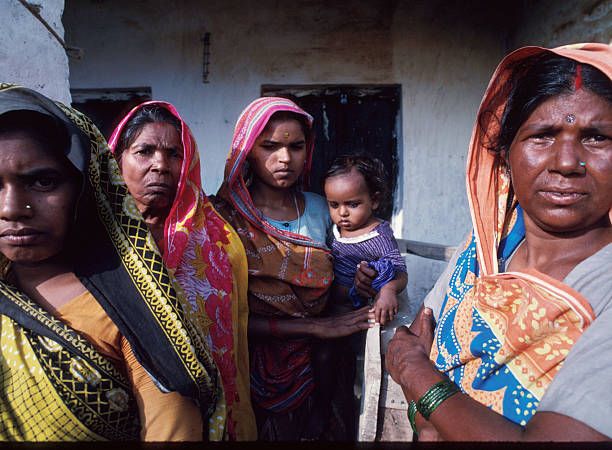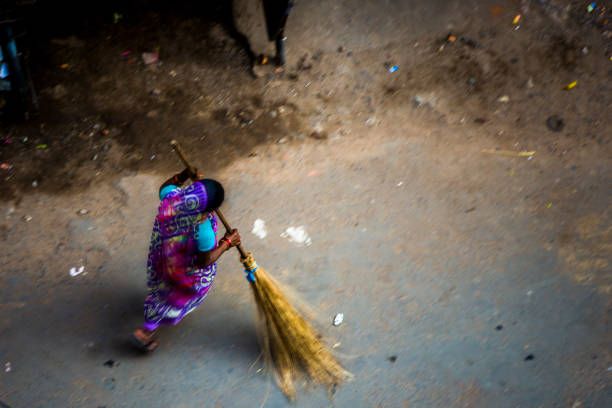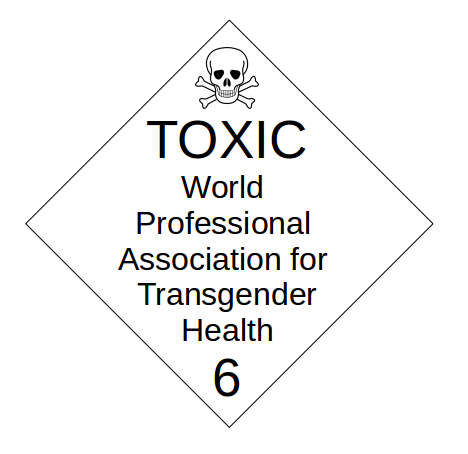Caste or Misogyny - What dehumanizes women more?

One day, my house help lady asked for tea. When we served her tea in one of the cups we use to drink, she was surprised.
“Madam, you are offering me tea in your cup?” she asked.
My mother was confused. “Yes, why? What happened?”
“Nothing. In other homes, people keep a few old or broken cups aside. When people like us ask for water or tea, they serve in those cups…they don’t use good quality cups to serve us…”
“Why so?”
“Madam, I clean people’s homes…so maybe, for hygiene reasons…”, she smiled.
We could see the sadness in her eyes. We could see the feeling of being excluded and being treated poorly. We knew what she meant. And maybe she understood that.
Another story: We appointed a woman to make rotis. One day, she was telling us about her daily schedule, and she remembered an incident that hurt her and angered her deeply. One morning, she was late for work, so she rushed to the elevator. There was another lady with her, waiting for the elevator. When they stepped inside, the lady made an ugly face looking at her. Before she stepped out, she told the house help that she should not use the elevator because it was not for “people like her.” “They want us to cook for them and do their dishes but make ugly faces when we stand in the elevator with them!? She treated me like an untouchable!”
Both stories are real. But these are just two of the many stories. This happens even today, not just in villages but in urban areas and wealthy neighborhoods as well. That’s casteism for you.
“They want us to cook for them and do their dishes but make ugly faces when we stand in the elevator with them!? She treated me like an untouchable!”
Caste-based violence in India has occurred and continues to occur in many places. Even though it has been outlawed by the Indian Constitution, it hurts to see casteism so deeply rooted in Indian society. There are special quotas for lower caste people in educational institutions and government institutions. But caste is far away from being faded, becoming non-existent. While there are people who do not discriminate or even ask or mention caste, there are people who see lower-caste people as inferior and disrespect them. You will find lower caste people working in higher positions in large MNCs as well. But that is not the story of most of them. Most of the laborers, cleaners, cooks, drivers, etc., are lower caste people even today.

Since caste is related to one’s occupation, they have been following the same occupation for generations. You might read news about a maid’s son becoming an engineer or a laborer’s daughter becoming a teacher, and such stories are truly inspiring. But that is not the case with every poor and/or lower caste family. They face a lot of discrimination in their workplaces just because of their caste. The incidents are different, but the reason is the same. Casteism severely affects women. Being a woman, she is subjected to misogyny, but if she is from a lower caste, her oppression is compounded. Dalit women in India are quite vulnerable because of their caste and, of course, because they’re women. They face violence from their own fathers, brothers, and husbands, as well as from upper-caste men. Dalit women are discriminated against, raped, and killed every day.
That reminds me of the Hathras gangrape case when four upper-caste men gang-raped a 19-year-old girl. Before she died, she was found in a field, lying paralyzed in a pool of blood, with her tongue cut. She died in the hospital. What was her fault?
Another horrifying incident happened in Pilibhit, Uttar Pradesh. A 17-year-old girl was raped and set on fire inside her home. Her father stepped out for work, and her mother was not home. The accused poured diesel on her after raping her. She suffered 80% burns and died in hospital. What was her fault?
In a government school in Uttarakhand, upper-caste students refused to eat food cooked by a Dalit woman. They boycotted midday meals, and surprisingly, their parents backed them. They said that a Brahmin woman was more suitable for this job. A Brahmin woman used to cook midday meals. After she quit, a Dalit woman was appointed. But unfortunately, after a few days, the Dalit woman was fired because of the backlash.
A similar incident happened in Gujarat as well. What was their fault? Being born as a woman? Being born as a Dalit? Or being born as a Dalit woman? How many women have to suffer before people start thinking about their casteist attitudes?
If you have a problem with lower-caste women cooking for you, why don’t you cook for yourself? Why don’t you clean your own house? She will find another job where she is treated with kindness. Appointing her to do your work and then mistreating her because she is a lower-caste woman is an absolute hypocrisy.
Apart from these incidents, you will find women being murdered by their own families for wanting to marry a man from another caste. It is called Honor Killing. Honor Killings are done to “protect the dignity” of one’s family. What is the honor of killing someone? You have no right to talk about kindness if you discriminate because of caste.
Misogyny and Casteism dehumanize women and make their lives miserable. Whenever I read such news, I wonder when people will leave behind regressive concepts like Caste. When we find ways to discriminate among people, we create an environment of violence and cruelty. We shut the doors to new people, new perspectives, new traditions, and new ways of living. We remain trapped in our own bubble of “superiority.” As a society, we don’t grow because of the unhealthy power dynamics and the non-existent differences hard-wired into our brains.
The Caste System is not only undemocratic, but it also instills a false sense of superiority and inferiority. When children grow up seeing their adults discriminating based on caste, acting with a sense of superiority, and mistreating the helpers, they grow up to be just like their parents. They do not learn to respect all occupations and understand their importance. And the cycle continues.
As Indians, we often copy the lifestyle and mannerisms of white people. With time, our lifestyles have changed as per Western norms. But have we learned what we are supposed to learn from them? Even teenagers from well-to-do families have to wait tables and serve coffee. They don’t have a maid whom they can treat as an untouchable. You must do your dishes, wash your clothes, and sweep the floor yourself. Every occupation is respected and considered important. We have adopted their cuisines, their clothes, their language, their songs, and movies as well. But when will we adopt the mentality of respecting all the jobs and the people who work them?
It doesn’t cost you anything to treat someone with respect. When someone works for you as a helper, they expect and deserve basic respect. They don’t work because they are your slaves. They work to earn to feed their family. They try to live a better life. If you can’t be kind, at least don’t be disrespectful. Your privilege is not your fault. But your misbehavior is. No one’s caste should define their worth.
Share this article if you agree!
Follow me on Twitter and Instagram!
Enter your email below to sign in or become a 4W member and join the conversation.
(Already did this? Try refreshing the page!)



Comments